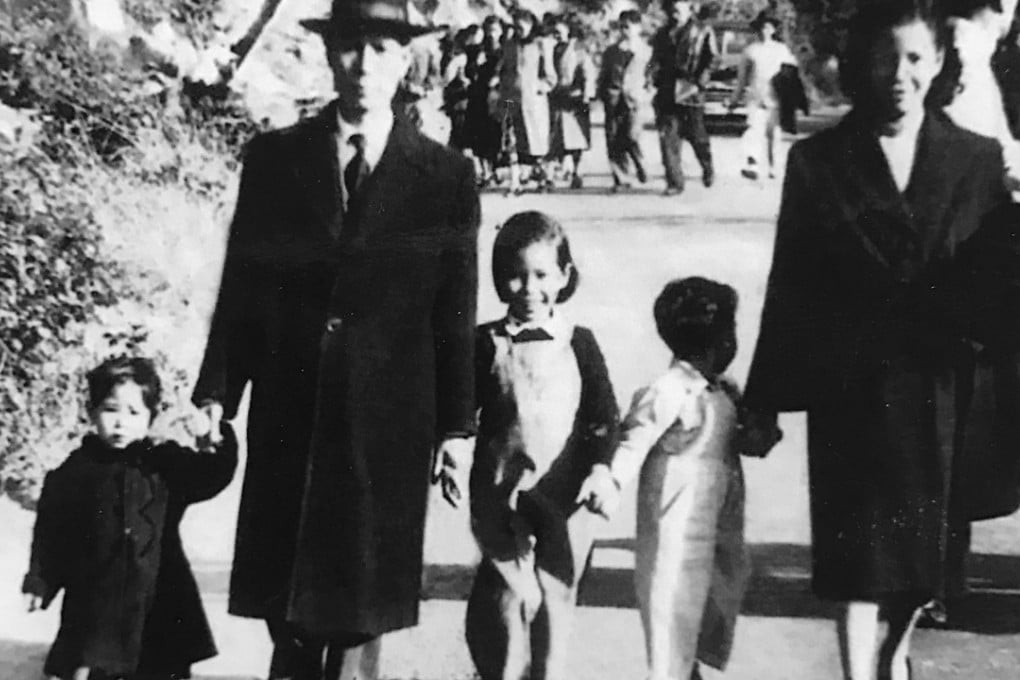The dilemma facing Hong Kong’s expectant mums: follow traditional Chinese beliefs or ways of the West?
While traditional advice about avoiding cold and wet-hot foods, or the idea that dark foods can affect skin colour, stand in stark contrast to what Western doctors say, there is agreement that stress and overexertion can be harmful

“Do not, under any circumstances, raise your hands above your head when you are carrying a child. Understood?” – that advice came from my 94-year-old grandmother, who is well qualified to talk about traditional Chinese pregnancy practices. A mother at the age of 20, she had nine children who produced 14 grandchildren, and she has 14 great-grandchildren.
She says she was taught by her mother to exclude all foods deemed cold or poisonous according to traditional Chinese medicine, and avoid raw or partially cooked meat and seafood.
How binge drinking – even if you stop before you’re pregnant – can harm your baby’s life chances
While my grandmother’s insistence that raising hands would lead to miscarriage is not supported by anyone I interviewed for this story – Hong Kong-based obstetrician Dr Lucy Lord declares it “complete rubbish, a total fairy story” – the current preference among professionals and expectant mothers is a tailored approach to pregnancy that respects each mother’s cultural beliefs, not pushing mind, body or spirit to extremes in the run-up to childbirth.
Avoid drinking cold beverages and eating ice cream, watermelon, dark chocolate and shellfish while pregnant
Disturbances in qi are believed to cause miscarriage or developmental problems with the fetus. Harmony within the body is maintained by avoiding foods with cold (yin) and wet-hot (poisonous) qualities.
In addition to avoiding refrigerated drinks, ice cream and watermelon, bananas and mung beans are also categorised as cold foods. “Cold foods cause congested veins in the respiratory tract, reduce blood flow and bring down the immunity of the mother”, warns Dr Yu Hsin Tzu, a registered traditional Chinese medicine practitioner at Balance Health in Central.

Wet-hot foods, including mango, lychee, pineapple and shrimp, should also be restricted because it is believed their poisonous energy will cause the baby to suffer from allergies, and eczema and other skin conditions.